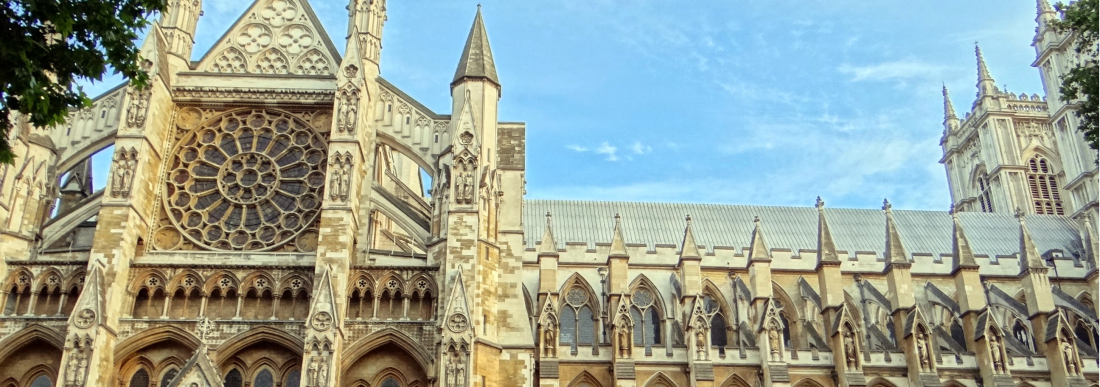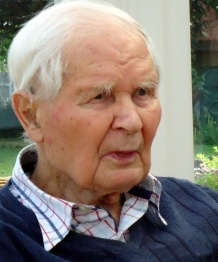- Boards (exec and non exec) should consider technology integrated with university services, not a separate concern the ‘IT department’. This is not yet the default behaviour within the HE sector.
- Specific opportunities include: faster assessment & feedback, personalised tuition, and paperless administration processes. These reforms will increase University efficiency and effectiveness.
- Digital is not the same as IT: the software is an evolving service more than a technology product; it will be designed around user needs not centrally specified ‘functional requirements’; and there should be an incremental approach to design & build, not monolithic procurement exercises.
- Digitally effective universities will have the in-house capacity to build, operate and improve digital services, as well as to commission them from suppliers.
- The chances of sector disruption are rising.
For the last three years I have served on the University of Exeter governing body, the Council. Unusually for most Higher Education governing boards, independent members of Council hold a specific portfolio of responsibility alongside an Executive lead – in my case, for Digital and Technology.
Continue reading “University Digital Services: is an avalanche coming?”

